SUMMARY
This is AI generated summarization, which may have errors. For context, always refer to the full article.
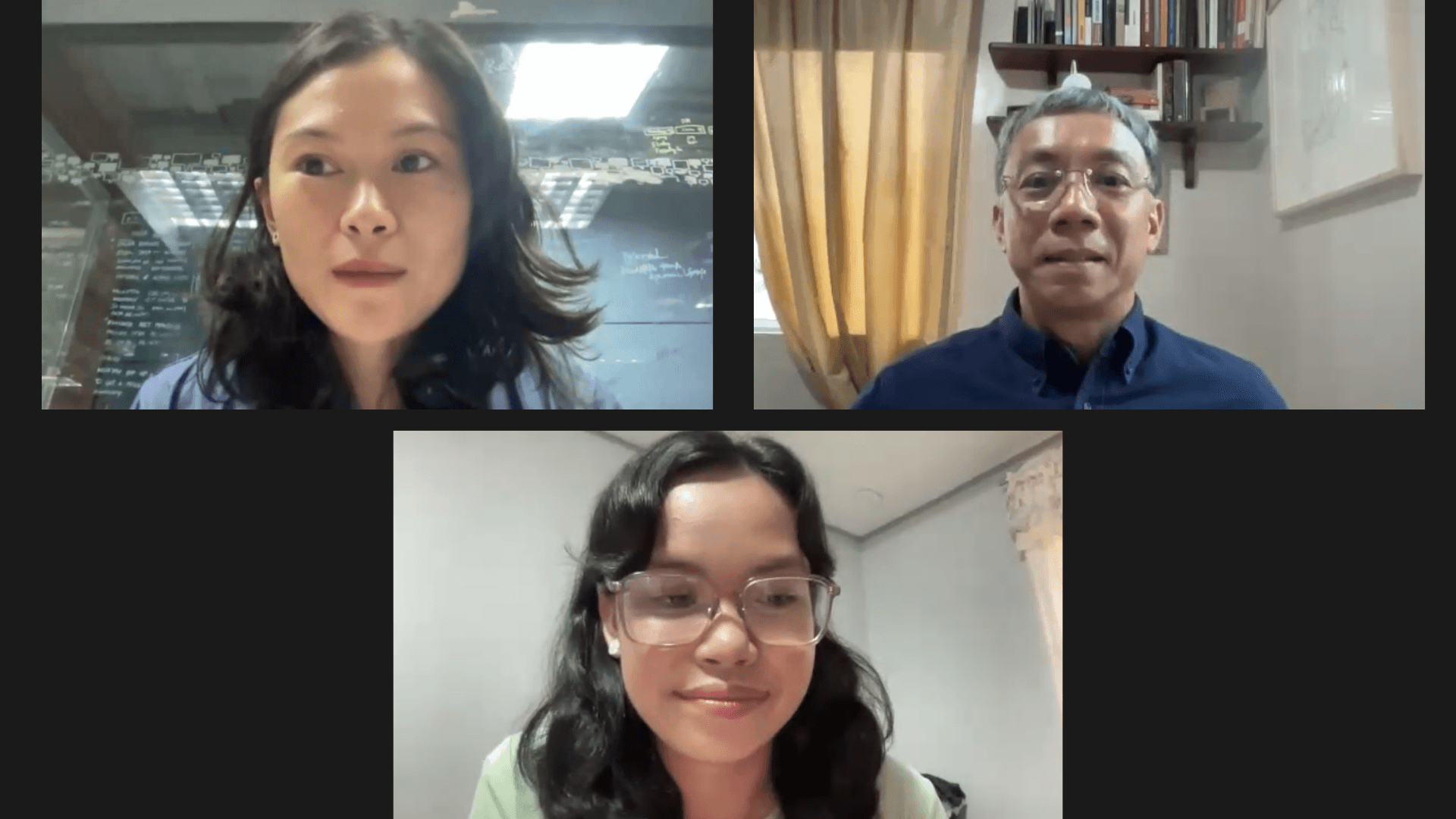
MANILA, Philippines – With the evolution of social media in the digital age, journalists emphasized that Filipinos can play a bigger role in shining a light on the issues that affect their communities.
Getting communities involved in journalism was the focus of an online session held on Friday, December 8 — the last in a learning series conducted by #FactsFirstPH coalition through Rappler’s civic engagement arm MovePH.
The session featured more than 140 student journalists, student leaders, teachers, government workers in different parts of the Philippines such as Cavite, Davao, Metro Manila, Nueva Ecija, Tagbiliran City, and Bacolod City among others.
During the session, Rappler’s community lead Pia Ranada shared her experience working with accessibility and inclusive mobility groups for her in-depth report on the accessibility of Metro Manila’s trains.
Rappler, with the help of accessibility group Kasali Tayo and inclusive mobility group Move As One Coalition, conducted an accessibility walkthrough in all 46 of the megacity’s train stations – LRT-1, LRT-2, and MRT-3. This coverage subsequently led to inclusive mobility talks in Congress.
“Because we involved the groups very early on [this coverage], the credibility of our report was enhanced since it was not only us, journalists, who were there to investigate the train stations but also the PWD (People with Disabilities) groups and commuter groups that we worked with who experienced firsthand these types of issues related to the accessibility of Metro Manila’s trains,” said Ranada.
She said journalists and communities don’t have to exist in silos; they can be collaborators in amplifying community voices and issues. Journalists can also consider practicing solutions journalism when they work on capturing the issues they observe during their coverage. This helps depict people and communities in a more complex way, showcasing that these communities are more than the problems they face.
“A lot of people see [journalism] as bad news all the time…but solutions journalism is about ideas…. It refuses to paint communities as made up only of problems. It shows that they’re also part of the solution, that they’re actually agents of change,” Ranada said in a mix of English and Filipino.
“If done right, it builds trust between journalists and communities and it makes people feel that they can do something, that not everything is all doom and gloom,” she added.
Freelance journalist Ted Aldwin Ong of the Iloilo Media People’s Council said that “when journalists and communities work together, we gain access to different narratives that carry truths, translate truths into compelling stories that inspire and offer solutions.”
Ranada also shared that when communities collaborate with journalists, it promotes accountability. This can help improve how people respond to problems and hold accountable powerful players in society.
Ong added that journalists collaborating with communities is not a new concept but an enduring practice that has long been done in the profession, whether they are a campus journalist or a practicing professional.
He stated that “upholding this practice led to an improved perception of communities where they are no longer portrayed as mere consumers of news but as agents of change; they are now seen as actors that play a powerful role in a participatory democracy.”
How communities can help amplify issues in their area
Communities play a vital role in amplifying issues within their localities, especially within secluded areas and provinces the media could not reach.
One way Filipinos can help amplify issues in their area is by voicing out the problems in their community and working with journalists to make noise about these issues.
According to Ong, “voicing out problems paves way for productive discussions where stakeholders and involved members can come together to develop responses tailored to the problems raised and uncover not only wrongdoings but also the good practices that are doable and realistic in responding to the problems.”
Ong also shared more ways on how Filipinos can play a bigger role in drive change within their communities:
- By being an active actor in our community;
- Initiating community conversations to amplify voices and raise issues;
- Establishing links with other sectors, players and stakeholders;
- Organizing groups and alliances to strengthen advocacies.
Ong explained that employing these methods compels citizens to become more conscious and aware of the issues happening within their communities. This heightened awareness can, in turn, drive them to engage actively and work together in promoting positive change for the betterment of their community.
This can help people gain access to verified information, especially given the spread of propaganda and disinformation across social media platforms. This has become increasingly difficult, as more and more people are tuning out of news.
“News consumers have started tuning out of the news because of its negative and hopeless tones…. This is why civic engagement is important now more than ever because it shows people that amidst all their challenges and despair, there is hope, and journalism exists, not only to report tragic news, but to deliver news that offers hope and presents solutions,” Ranada stated.
The December 8 community learning session on civic engagement and participation is the final session of the five-part training series on responsible digital citizenship by #FactsFirstPH through Rappler’s civic engagement arm MovePH. – Rappler.com
Nohraine Gaddi is a volunteer at Rappler. She graduated from the United World College – Robert Bosch College, where she completed the International Baccalaureate Diploma Program. She is currently taking a gap year to explore her interests in journalism and human rights before pursuing higher education.
Add a comment
How does this make you feel?
![[Be The Good] Weave your story into the state of the nation](https://www.rappler.com/tachyon/2024/07/newsletter-marcos-sona-july-17-2024.jpg?resize=257%2C257&crop=275px%2C0px%2C720px%2C720px)

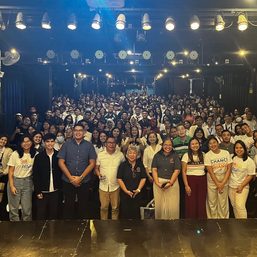
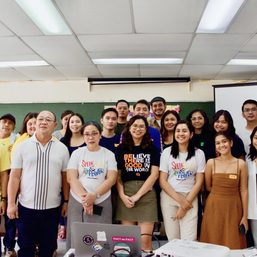



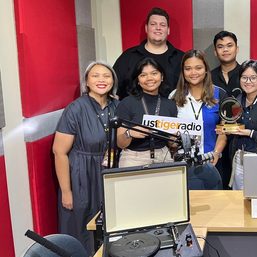
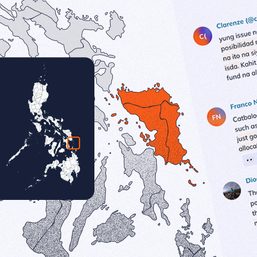
![[DECODED] The Philippines and Brazil have a lot in common. Online toxicity is one.](https://www.rappler.com/tachyon/2024/07/misogyny-tech-carousel-revised-decoded-july-2024.jpg?resize=257%2C257&crop_strategy=attention)




There are no comments yet. Add your comment to start the conversation.